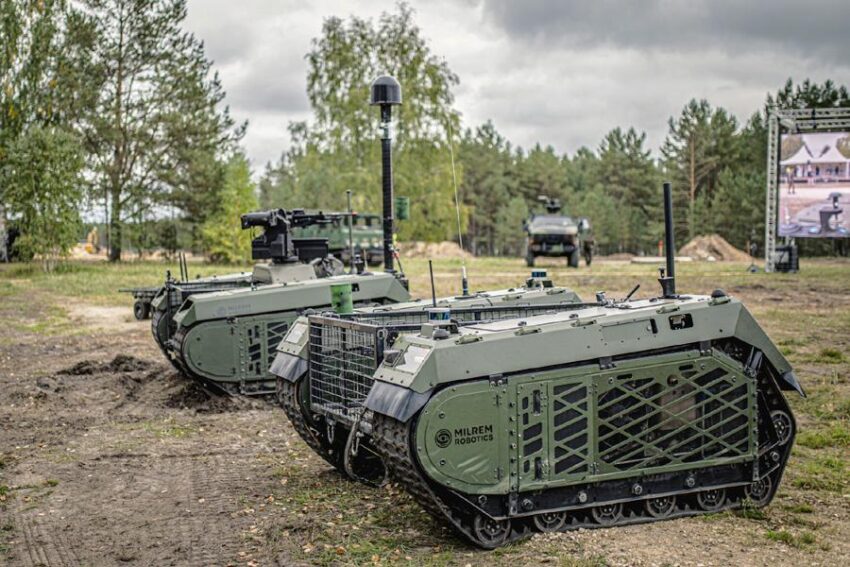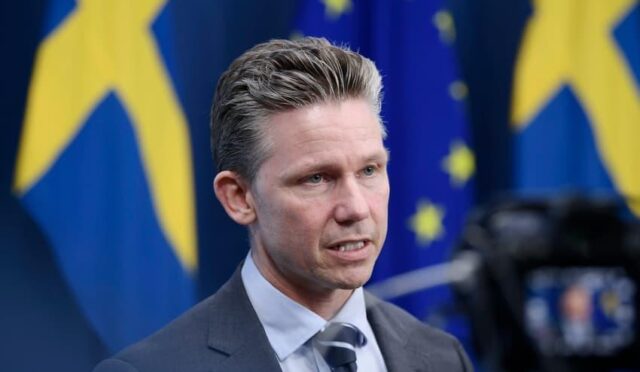Funding Approval for iMUGS Project
The European Defence Fund (EDF) has greenlit funding for the progression of the Integrated Modular Unmanned Ground System (iMUGS) initiative, which focuses on creating next-generation multipurpose unmanned ground systems. A significant allocation of 50 million euros (approximately $56 million) has been designated for this endeavor. The project will be spearheaded by a consortium led by Milrem Robotics, which successfully delivered the foundational system in 2023.
This consortium has notably expanded, now boasting 29 partners from 15 European Union member states and associated nations, including all original collaborators. As stated by Raul Rikk, the capability development director at Milrem Robotics, winning this EDF call marks a crucial milestone in ensuring Europe’s leadership in developing state-of-the-art unmanned technologies.
Objectives of the iMUGS 2 Project
Building upon insights gained from the initial phase and other European ventures, the iMUGS 2 project is set to accelerate research towards rapidly deployable solutions. The enhanced capabilities of this initiative will be showcased through practical trials with military tactical units, demonstrating the system’s versatility and effectiveness in real-world scenarios.
The iMUGS 2 project has three primary objectives. Firstly, it aims to create cost-efficient, combat-ready unmanned ground systems tailored for dismounted soldiers across various operational environments, including those where GNSS (Global Navigation Satellite System) signals are unavailable. Secondly, the project will define operational concepts for deploying unmanned platforms to augment infantry battalions’ capabilities and facilitate cross-domain operations.
Thirdly, this initiative will refine the platform’s modular and open architecture, enabling better integration of autonomous features with both existing and next-generation systems. This includes the conversion of manned vehicles into unmanned platforms. Additionally, the project will focus on enhancing interoperability with European allies and will incorporate lessons drawn from recent conflicts, notably the ongoing war in Ukraine.







